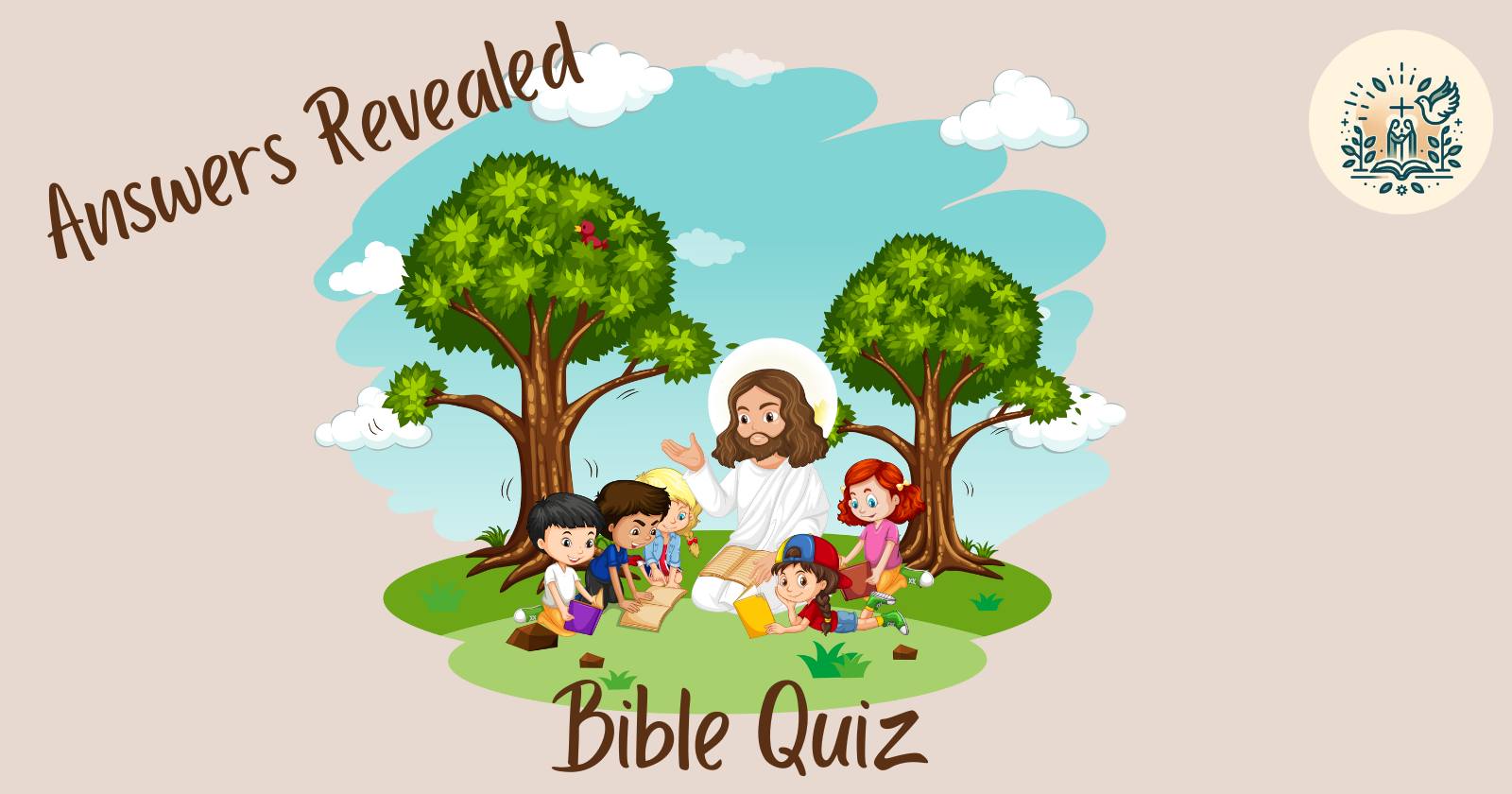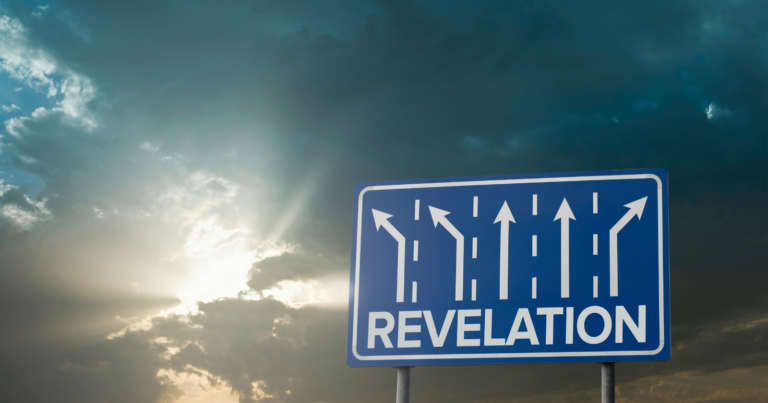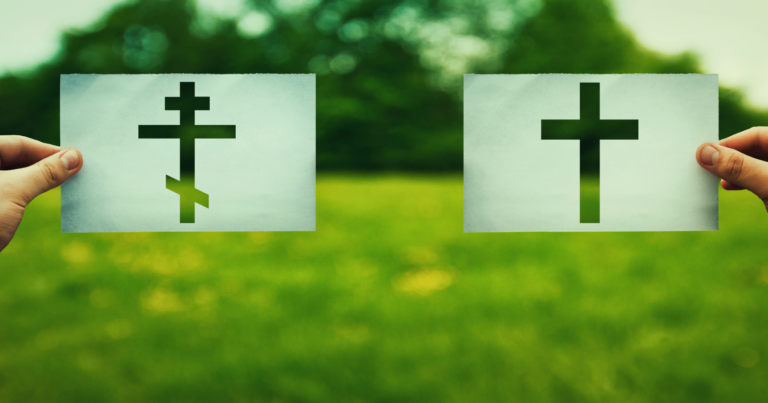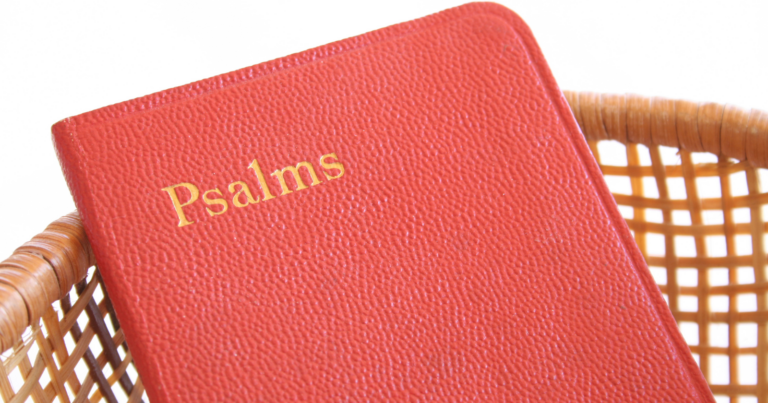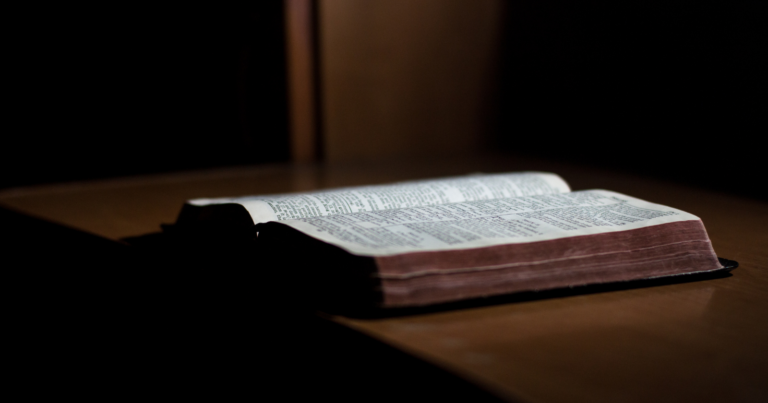Let me introduce the answers page for our Genesis quiz!
Previously, we ventured through a series of thought-provoking questions about the first book of the Bible, covering everything from the dawn of creation to the intricate lives of its earliest figures.
Whether these questions stoked your curiosity or tested your biblical knowledge, here’s where you’ll find not only the answers but also the insights behind them.
As you review each response, consider this an opportunity to deepen your understanding of Genesis’ profound stories and themes.
7 questions on the Creation and the Fall
- What marked the very beginning of creation?
Answer: B. The heavens and the earth
- Genesis starts with “In the beginning, God created the heavens and the earth,” establishing the foundation for everything that follows.
- On which day did God create humans?
Answer: C. Sixth day
- Humans were created on the sixth day, marking the culmination of God’s creation work.
- Eve was made from what part of Adam?
Answer: B. A rib
- Eve was created from one of Adam’s ribs, illustrating the intimate connection and partnership between them.
- Which fruit did God specifically instruct Adam and Eve not to eat?
Answer: D. The Bible doesn’t specify
- The Bible mentions the fruit of the tree of the knowledge of good and evil but never specifies the type.
- Who did God speak to first after Adam and Eve ate the forbidden fruit?
Answer: A. Adam
- God called out to Adam first after they ate the fruit, highlighting the responsibility placed upon him.
- What was the sign of the covenant God made with Noah and his descendants after the flood?
Answer: B. A rainbow
- The rainbow served as a sign of God’s covenant never to destroy the earth by flood again.
- After Adam and Eve sinned, what did God make for them?
Answer: B. Clothes from animal skins
- God made garments of skins for Adam and Eve, signifying His care even in the face of their disobedience.
8 questions on the patriarchs: Abraham, Isaac, and Jacob
- What was Abraham’s name before God changed it?
Answer: A. Abram
- Abram, meaning “exalted father,” was changed to Abraham, “father of many nations,” to reflect the promise God made to him.
- To whom did God say, “Do not lay a hand on the boy”?
Answer: A. Abraham, regarding Isaac
- This command stopped Abraham from sacrificing Isaac, demonstrating Abraham’s faith and God’s provision.
- What significant action did Isaac take that mirrored an action taken by his father Abraham?
Answer: A. He dug wells in the same place as Abraham.
- Isaac redug the wells his father had dug, symbolizing continuity and the reclamation of God’s blessings.
- Jacob had 12 sons. Which son did he believe was dead, causing him great sorrow?
Answer: D. Joseph
- Joseph was sold into slavery by his brothers, but they led Jacob to believe he was dead.
- Esau sold his birthright for what?
Answer: B. A bowl of stew
- Esau’s impulsive trade of his birthright for immediate satisfaction highlights the theme of long-term blessings versus short-term desires.
- Which of the following was not a promise God made to Abraham?
Answer: C. His descendants would inherit the land of Egypt.
- God promised Abraham the land of Canaan for his descendants, not Egypt.
- Jacob wrestled with an angel and his name was changed to what?
Answer: A. Israel
- The name “Israel” signifies having struggled with God and humans and having overcome, reflecting Jacob’s transformation and the nation’s identity.
- Referencing Genesis 22:1-18, discuss the significance of God testing Abraham’s faith by asking him to sacrifice his son.
Answer: A. It demonstrates Abraham’s unwavering faith in God’s promises, even when asked to sacrifice his son, highlighting the depth of obedience and trust in God’s plan.
- This test of faith is central to understanding the depth of Abraham’s commitment to God, serving as a powerful example of faith and obedience.
6 questions on Joseph’s journey and his dreams
- What were the contents of Joseph’s first dream that angered his brothers?
Answer: B. Sheaves of grain bowing down to his sheaf
- Joseph’s dream foretold his future rise to power and his brothers’ subservience to him, fueling their jealousy and anger.
- How did Joseph end up in Egypt?
Answer: A. He was taken by a caravan of Ishmaelites.
- Joseph was sold into slavery by his brothers and taken to Egypt, where his journey to prominence began.
- Which of Pharaoh’s officials did Joseph interpret dreams for while in prison?
Answer: A. The chief baker and the chief cupbearer
- Joseph accurately interpreted their dreams, showcasing his God-given gift and setting the stage for his rise to power.
- What did Joseph say Pharaoh’s dreams predicted?
Answer: B. Seven years of prosperity followed by seven years of famine
- Joseph’s interpretation of Pharaoh’s dreams led to Egypt’s preparation for famine, saving countless lives and reuniting his family.
- How did Joseph ensure Egypt’s survival during the famine?
Answer: C. By storing surplus grain during the seven years of plenty
- Joseph’s strategic planning and foresight allowed Egypt to not only survive the famine but also become a place of refuge for others, including his own family.
- In reconciling with his brothers, Joseph attributed the events of his life to what?
Answer: C. God’s plan to save his family from famine
- Joseph saw his journey not as a series of misfortunes but as divine providence, leading to the survival and prosperity of his family.
7 questions on Genesis’ key themes
- What theme is highlighted by God’s promise to Abraham about his descendants becoming a great nation?
Answer: C. The power of faith
- Abraham’s story emphasizes the significance of faith in God’s promises, even when fulfillment seems impossible.
- The story of Cain and Abel primarily explores the theme of:
Answer: A. Jealousy and its consequences
- The tragic tale of Cain and Abel illustrates the destructive nature of jealousy and the importance of managing negative emotions.
- How does the Tower of Babel story reflect the theme of human ambition vs. divine will?
Answer: A. It shows the dangers of pride and the desire for fame.
- The Tower of Babel story warns against overreaching ambition and pride, emphasizing that human endeavors should align with divine intentions.
- “Then the Lord God said, ‘It is not good that the man should be alone; I will make him a helper fit for him.'” This quote underscores the theme of:
Answer: A. Companionship and partnership
- This passage highlights the importance of companionship and mutual support in fulfilling God’s creation.
- The recurring theme of sibling rivalry serves to illustrate:
Answer: B. The complexities of inheritance and blessing
- The sibling rivalries in Genesis often center around issues of inheritance and divine favor, reflecting broader themes of justice, fairness, and God’s sovereignty.
- Joseph’s story highlights the theme of:
Answer: C. The virtues of patience and perseverance
- Joseph’s ascent from slave to ruler exemplifies how patience, faith, and resilience can lead to redemption and fulfillment of God’s promises.
- The narrative of Adam and Eve’s expulsion from Eden primarily conveys the theme of:
Answer: B. The importance of obedience to God
- The fall of Adam and Eve underscores the consequences of disobedience and the loss of innocence, setting the stage for humanity’s complex relationship with divinity.
Genesis trivia: 7 questions on places, names, and firsts
- Where did God place Adam and Eve to live?
- Answer: A. The Garden of Eden
- Explanation: The Garden of Eden was the perfect dwelling created by God for Adam and Eve, symbolizing innocence and harmony.
- What is the name of the first city mentioned in Genesis?
- Answer: C. Enoch
- Enoch was the first city mentioned, built by Cain and named after his son.
- Who is the first person to die in Genesis?
Answer: A. Abel
- Abel’s death at the hands of his brother Cain marks the first instance of mortality and the consequences of sin.
- What is the first recorded dream in the Bible?
Answer: C. Jacob’s ladder
-
Jacob’s dream of a ladder reaching heaven stands as the Bible’s first detailed dream, symbolizing the connection between God and humanity.
-
- Which river is not mentioned in the description of Eden’s location?
Answer: D. Nile
- The Nile is not listed among the rivers flowing from Eden, highlighting the geographical specificity of the Genesis narrative.
- Who was the first person to build an altar to the Lord?
Answer: B. Abraham
- Abraham’s construction of an altar signifies the beginning of formal worship practices in the biblical narrative.
- What was the first thing Noah did when he exited the ark?
Answer: B. Built an altar to the Lord
- Noah’s first act upon leaving the ark was to build an altar, expressing gratitude and reaffirming his covenant with God.
Wrapping up the Genesis quiz
And that wraps up our exploration of Genesis!
Whether these questions reaffirmed what you already knew or opened up new insights, I hope this journey through the first book of the Bible has been as enlightening for you as it was for us.
But the journey doesn’t end here.
Every week, I’ll continue to bring you new quizzes designed to challenge, inspire, and deepen your knowledge of the Bible.
Stay tuned for next week’s quiz, and in the meantime, keep reflecting on these stories and their meanings in your life.


